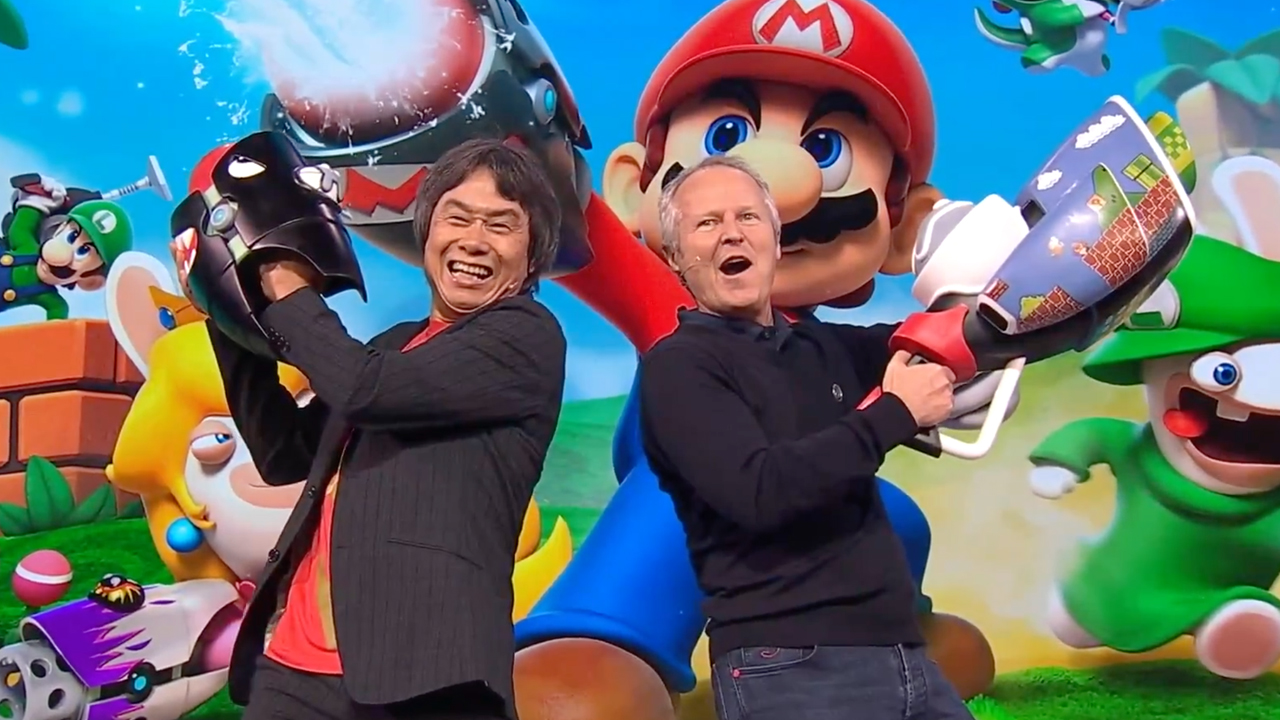“We have Naughty Dog’s coffee budget”: A Way Out’s Josef Fares on Brothers, co-op, & taking risks in an industry that likes to play it safe
How Director Josef Fares plans to revitalise the co-op genre with A Way Out
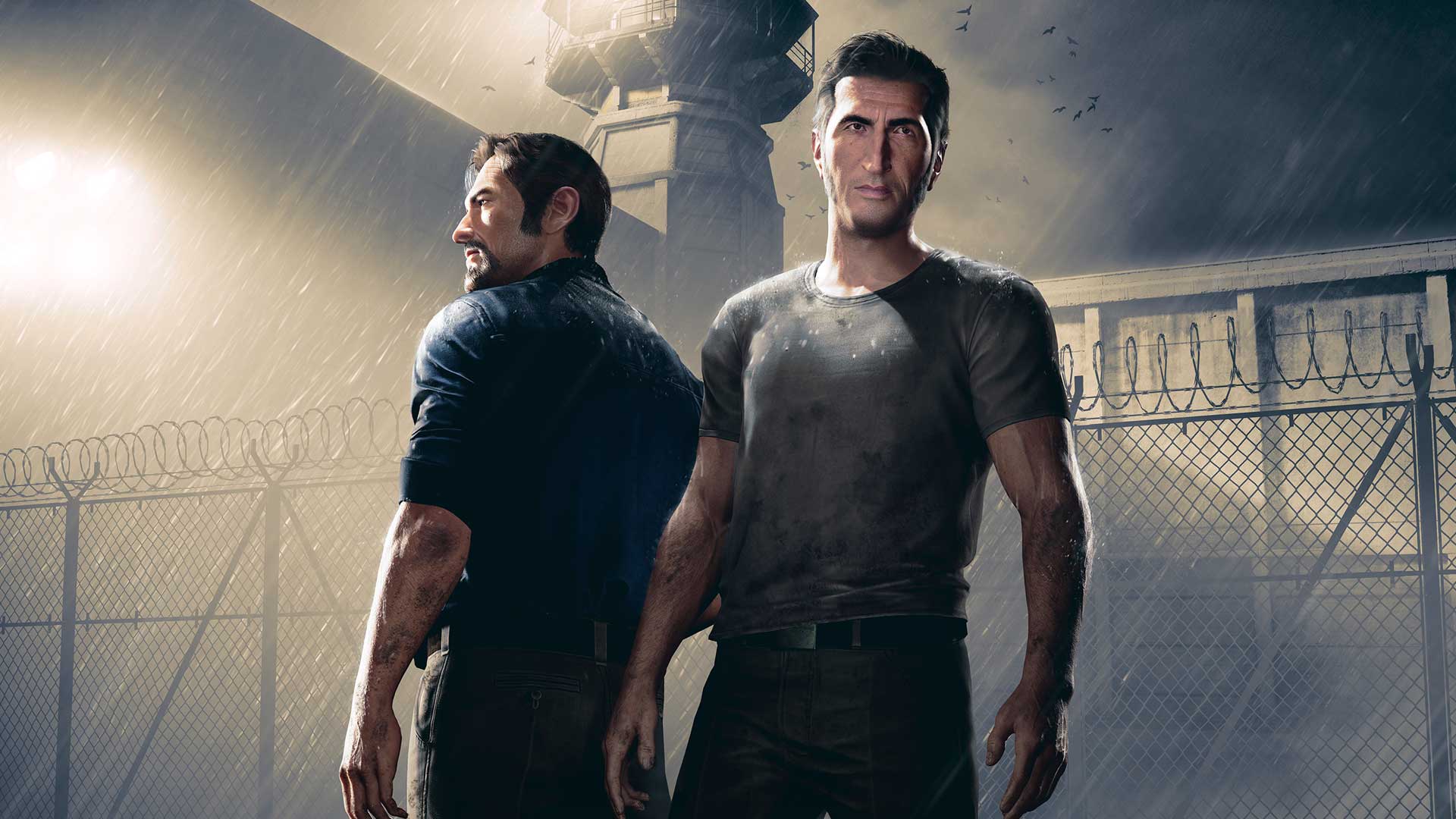
Josef Fares really wants you to know that A Way Out is not Uncharted. After revealing his latest indie project at E3 2017 earlier this year to a largely positive reaction, the director of Brothers: A Tale of Two Sons noticed the game was being reductively compared to Naughty Dog’s pulp adventure epic, mainly based off of the fact that one of its protagonists looked a little bit like Nathan Drake.
“If people keep comparing us to Uncharted, then we’re fucked.” he says, rather matter of factly. “Naughty Dog have teams for everything, the best animators in the world. We have their coffee budget. When people said A Way Out looked like Uncharted, I was flattered. But, at the same time, it’s impossible to reach their level of polish and graphical fidelity.”
Even outside of their budgetary differences, the parallels to Uncharted end almost as soon you begin to appreciate the audaciousness of A Way Out’s creative vision. A splitscreen co-op game centred around two prison inmates, the story can only be progressed when both players are present and controlling their character, either online or through local couch play.
For an industry that typically treats co-op as nothing more than a tacked-on afterthought, an experience that revolves entirely around the splitscreen format is refreshing to say the least, and the positive response to A Way Out has been indicative of its appeal as a fresh and original IP.
A tale of two players
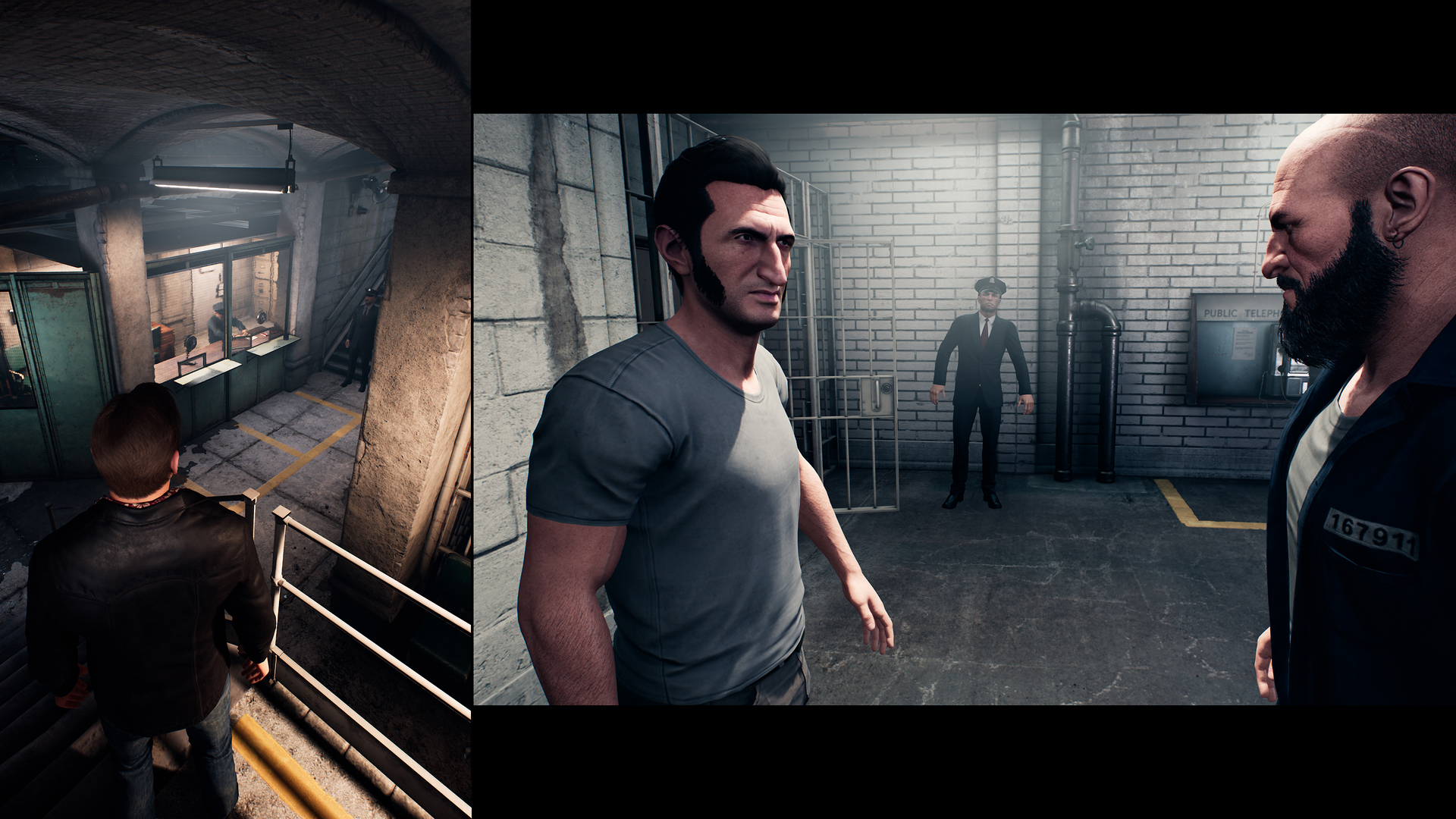
The game is being developed by Hazelight, a new team comprised of several developers who left Starbreeze Studios after finishing work on Brothers. Fares was the director of that critically acclaimed indie from 2013, and is now leading the production on A Way Out, which is being published by EA for release sometime next year. I caught up with him to discuss how development has been coming along since the game’s E3 reveal, and where the idea to create a pure co-op experience came from.
"When you make a splitscreen game, it's like drawing two different pictures at the same time."
“Most co-op games nowadays are just ‘drop in/drop out’ adventures”, explains Fares, “I miss the really good couch play experiences. I prefer to play games together, and I would tell people to play this game with your friend next to you. I think we underestimate the power of experiencing interactive stories together, like watching a movie as a family, for instance.”
“My goal is to always push the medium forward, rather than using old ideas. I love taking risks. I don't care about people telling me the game will make less money if I don’t have single player. People complain and cry over wanting single player, but A Way Out is co-op: take it or leave it. I know I sound cocky, but I'm confident in what I’m doing.”
Weekly digests, tales from the communities you love, and more
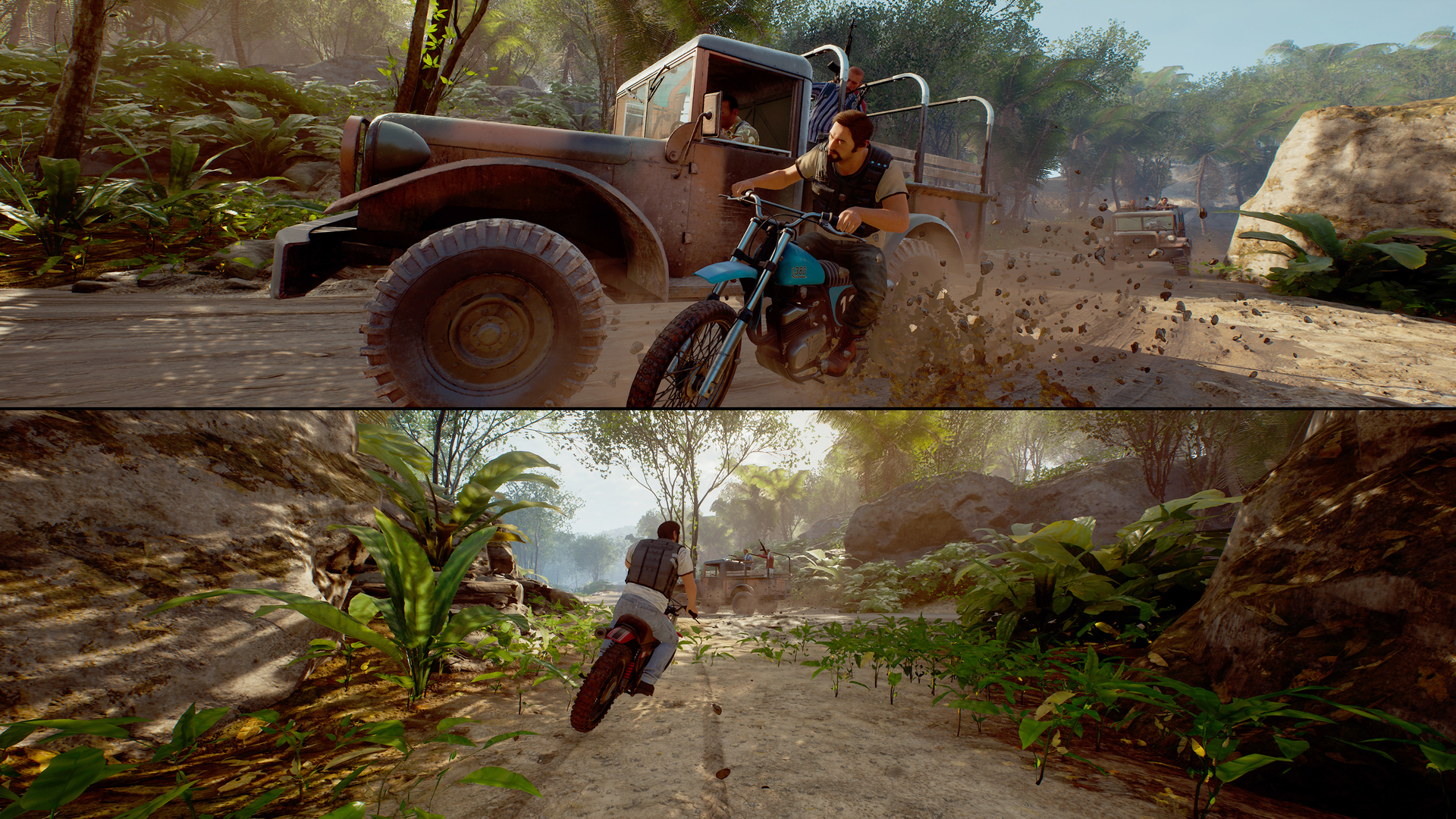
And A Way Out is definitely risky. With the exception of a few standouts, the co-op genre has gradually been withering away as mass multiplayer continues to dominate the market of social gaming, leaving players hard pressed to find a modern, story-centric game catered exclusively to the splitscreen co-op format. Fares is aware of the uphill battle that A Way Out faces, then, but that’s precisely what drives himself and the rest of the Hazelight team to make something so unique.
“There’s no doubt in my mind that we’re doing here is great. People will get it eventually. I would say there’s nothing like A Way Out out there. When you play a single player story campaign, it's easier to have control over the player arc, but how do you tell a story for two players at the same time? That’s been a challenge for us right from the beginning.”
A split decision
Many of those challenges, Fares tells me, arise from Hazelight’s commitment to maintaining the splitscreen display throughout the entirety of A Way Out’s story campaign (aside from a few major cutscenes), even if you’re playing online. Historically, splitting the screen has typically just been a means to an end, allowing both players to see their respective characters on one television at the same time in couch play, but Hazelight is quite literally pushing the boundaries of the format to explore it as a creative tool.
“We do things like having cutscenes on one side and gameplay on the other, and that’s been a huge technical challenge for us. What goes on under the hood there… people would be blown away. Even just getting the game online for this kind of experience; it's so insanely complicated that I can’t even get into it.”
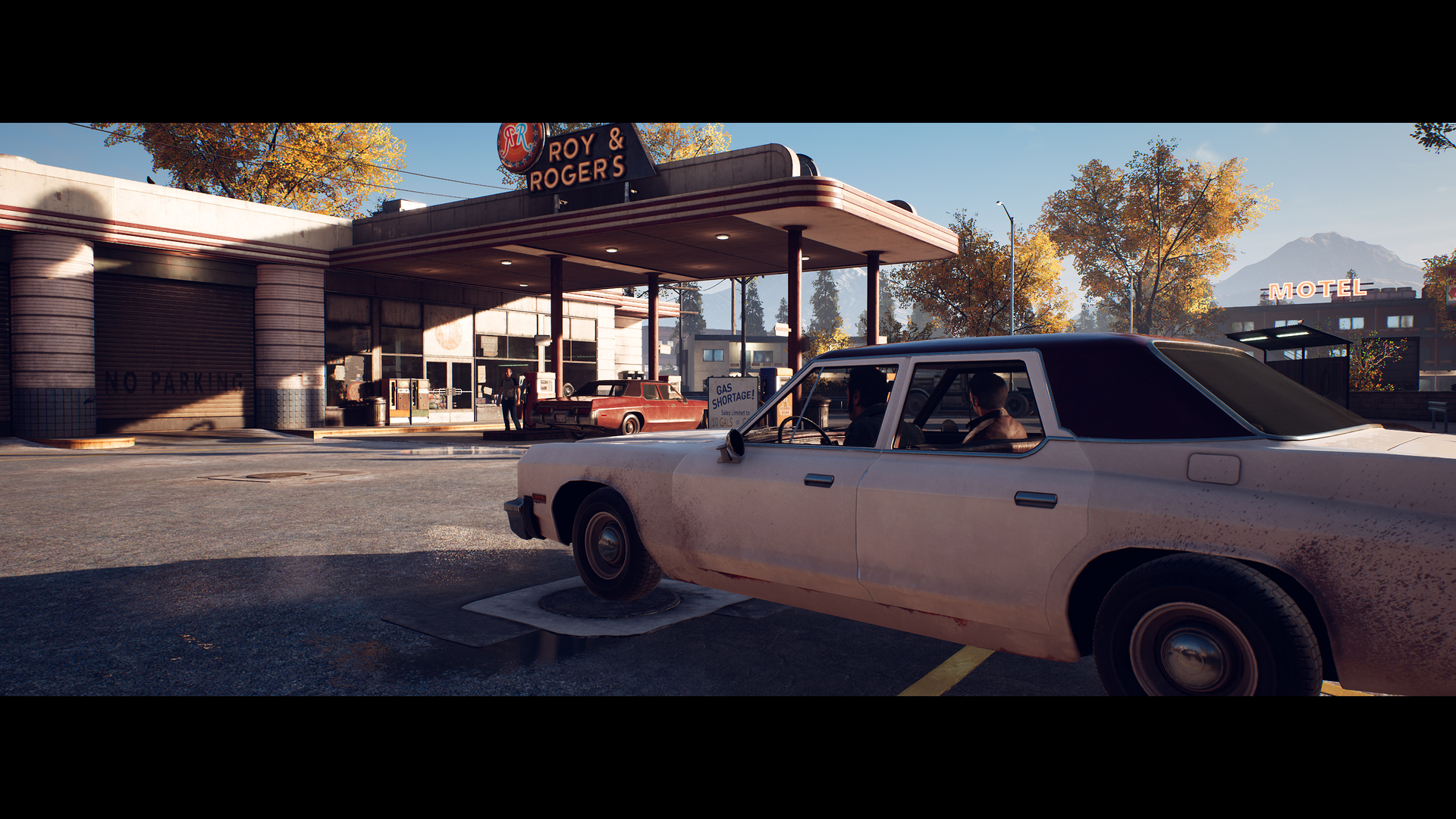
“When you make a splitscreen game, it's like drawing two different pictures at the same time. We’re doing the best we can to have as much visual fidelity as possible while still accommodating the splitscreen, and we’re an indie company too. I still think we look good for the kind of game we are, though, and it’s not going to be a full priced game - that’s for sure.”
Then consider the fact that A Way Out is being developed by a relatively young independent studio, which Fares helped co-found in 2014 as a space where he could “keep pushing the medium as much as possible.”
“Everything is new to us, we’re working in a new engine, with new systems and new projects. That's also a major thing that people forget about. Games today are so much more complex than before. Insanely so. We have a very low budget; I think we’re breaking some sort of world record for the amount of content we’re putting out for a team this small.“
Risky business
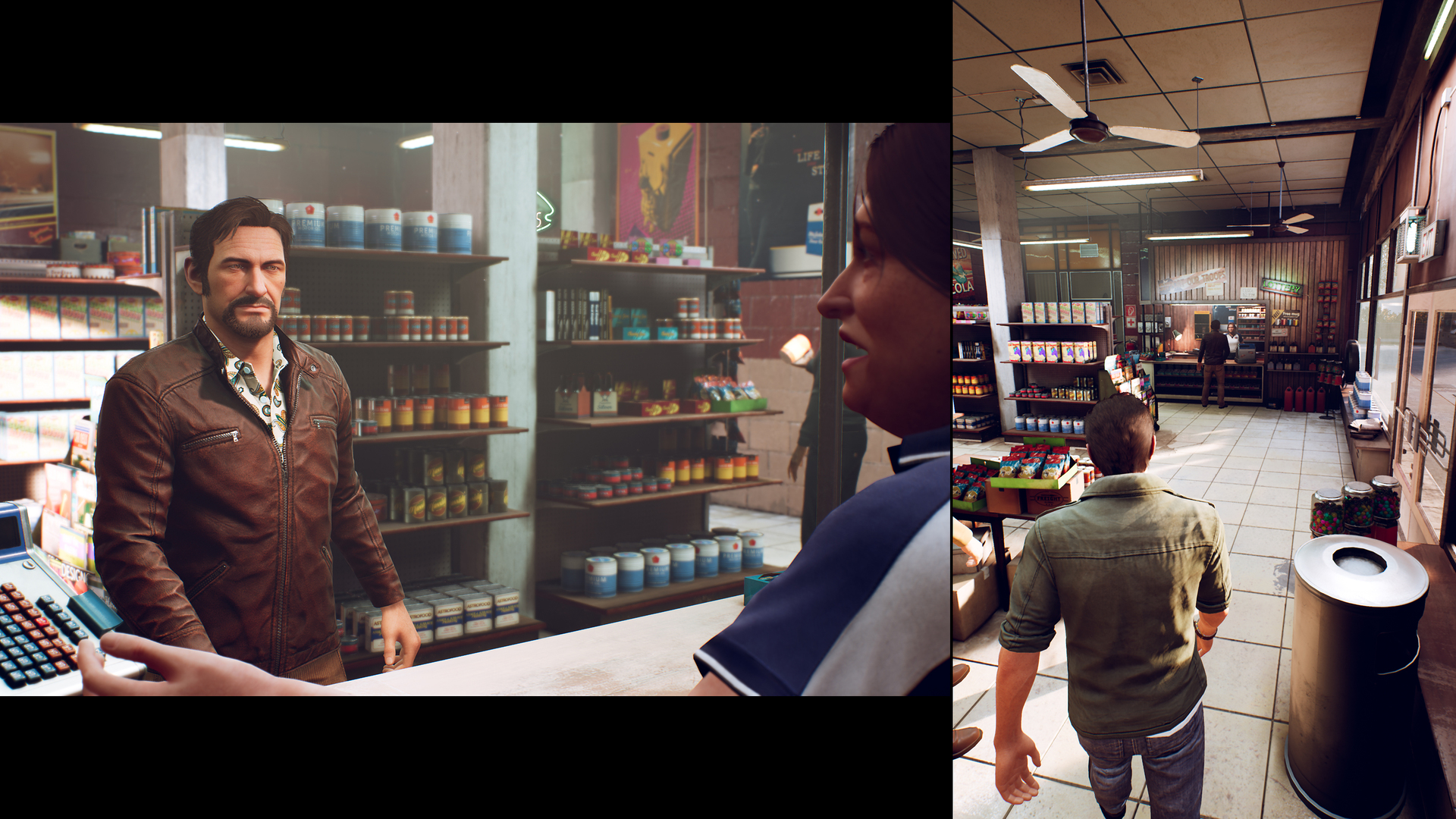
Fares himself began his career as a professional filmmaker, before moving onto games with Brothers: A Tale of Two Sons, but he’s always been fascinated by the industry he now works in, and has plenty to say about the current state of the medium.
“I think the game industry listens too much to their customers at times, since players don't always know what they want to play. It needs to be a combination where they both listen and do their own creative thing. Too often we ask “what do the gamers want?”, but how about the experiences that they never realized they wanted?”
You could easily say that Brothers is exactly the sort of experience that Fares is talking about: a quiet gem which only began to garner attention after people naturally discovered it on their own, duly falling in love in the process. Even four years later, Brothers still stands out as a breathtakingly novel concept executed with passion and care, but Fares tells me that the reception to his first indie hit wasn’t always rosy.
“Brothers was really poorly received during previews for the game. I’m sure Journey probably got the same thing. It’s hard to appreciate something like that without understanding the whole thing. But, when you’re making it, you just have to believe the value of what you’re doing and go with it.”
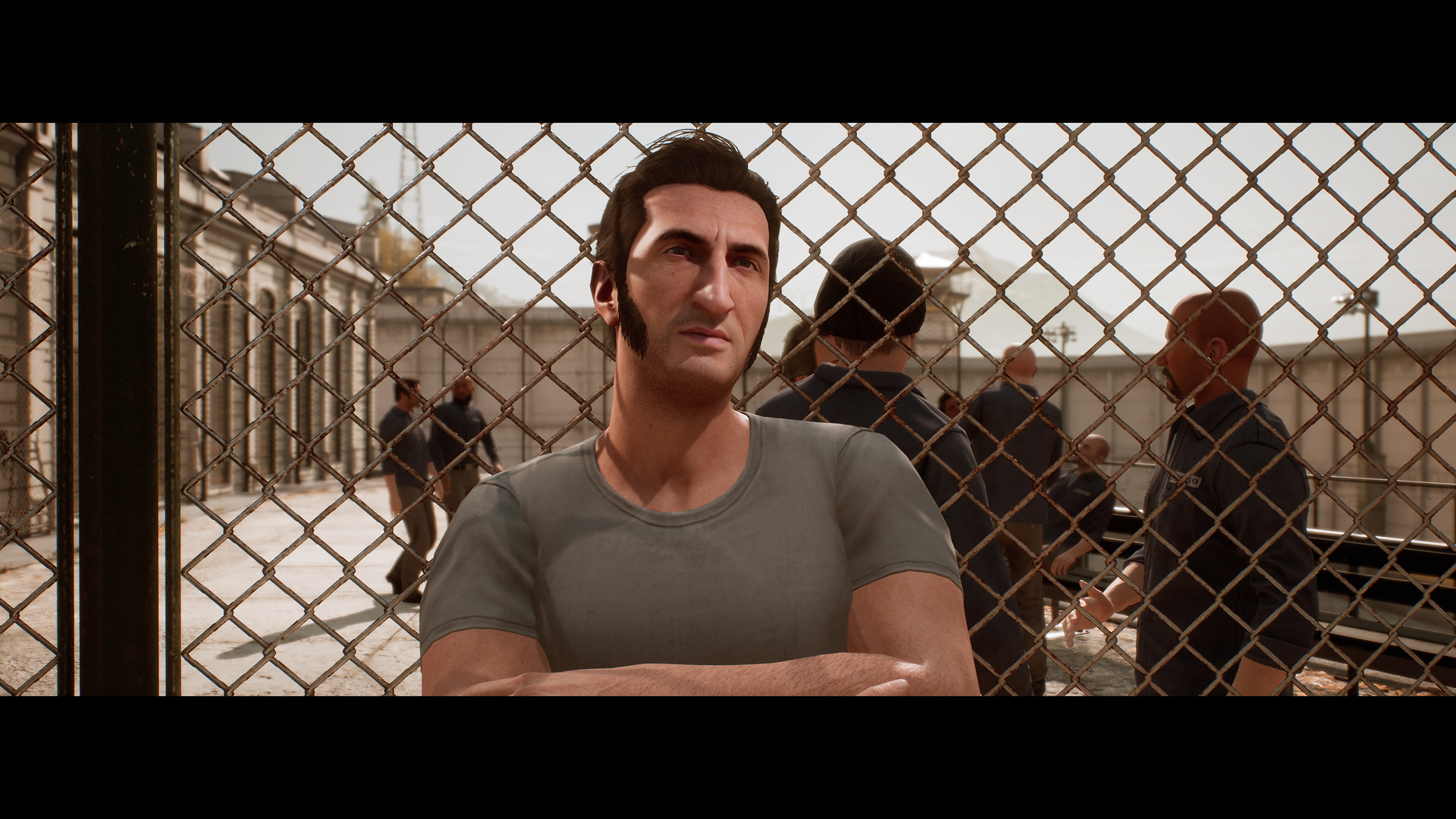
Luckily, the game would go on to find much critical and commercial success, and that achievement has allowed Fares the opportunity to take another creative gambit with A Way Out. As two games focused on a pair of male characters who learn to become dependent upon each other throughout a shared odyssey, you can already detect a confluence of themes and ideas between Brothers and A Way Out.
Are notions of brotherhood and companionship the kind of subject matter that Fares’ consciously chooses to explore in his work? You might think so, seeing as his own brother actually plays one of the main characters in A Way Out, but the director isn’t so sure.
“I just make the games I would want to play”, he explains, “but I guess A Way Out reminds me of Brothers in one way, in that there are definitely going to be the calm moments that you saw in that game. You have a scene where you go spearfishing, for example. Just daily life scenarios.”
“There are also a lot of Easter eggs and fun stuff to to discover, I've put some real weird shit in this game that I reckon people will find eventually! There’s one moment in particular that is super bizarre.”
E3 was about getting people excited for A Way Out, but Hazelight plan to shed more light on the game soon to explain more about how it works, and why players shouldn’t be put off by its unique approach to storytelling.
Fares also promises an announcement that should “make people really happy, that I fought for, and is actually happening”, but he remains tight-lipped about the details for now. My best guess? The game sure sounds like a perfect experience for the Nintendo Switch…
A Way Out will release in early 2018 for PC, PS4, and Xbox One.
I'm GamesRadar's Features Writer, which makes me responsible for gracing the internet with as many of my words as possible, including reviews, previews, interviews, and more. Lucky internet!
